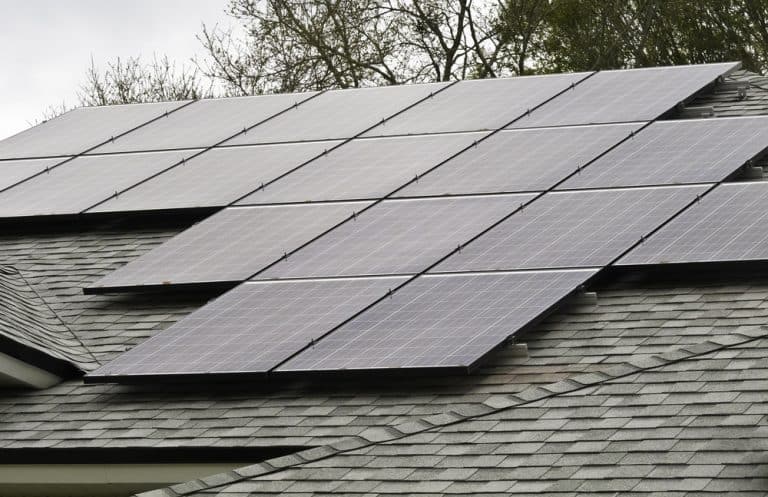HOA and Solar Access Law

Solar has become a popular commodity in Utah. It is hard to drive down the street without seeing at least one home with solar panels.
However, for those in Home Owners Associations (HOA) installing solar has been a bit of a struggle. Although there isn’t a very high percentage of Utahans in HOAs, the numbers are growing.
This growth bred a call to action. Those in HOA communities vocalized their concerns and in 2017 Utah passed a solar access law.
Utah Solar Access Law
In February of 2017, the S.B. 154 was presented to Utah’s state senate. On March 25, 2017, it was signed by the governor and made effective on May 9th of 2017.
This bill has opened the flood gates for HOA solar opportunities in Utah. Although HOAs still have the right to limit/prohibit solar installations there is now a way around it.
Detached dwellings, which are homes that don’t share walls with another home in an HOA, can now install solar. The only way that an HOA can now impede solar is if the association’s declaration prohibits it.
To restrict unfair amendments, a declaration can now only be amended if 67 percent of the lot owners in the association vote for it. This means that even if an HOA has a prohibitive declaration, solar isn’t out of the question. If 67 percent of the association lot owners want solar, the declaration can be amended to allow it.
Likewise, HOAs without solar prohibiting declarations cannot stop solar installations from occurring. They would also need a 67 percent vote against solar to make this change.
Solar Panels and Homeowners Association Rules
Every HOA is different. Each has its own rules and restrictive covenants. When an individual purchases a home in an HOA they are agreeing to the rules already in place.
This is why it is extremely important to know the HOA’s bylaws before purchasing the home or at least before purchasing solar. Taking the time to learn if the HOA that the home is in has any solar restrictions will save time and frustration later.
If the HOA does have solar restrictions, sharing these with the solar company will help. The solar company can then implement these regulations into its solar quote. Which will, in turn, save the customer time and frustration.
If the HOA’s declaration prohibits solar, Go Solar Group can do a presentation for the HOA board. This presentation enlightens the HOA of its solar options and opens the door for solar.
HOA Process for Design Approval
Once the homeowner has decided on a solar installer the plans need approval. However, those in HOA’s not only need local utility and city approval. They also need the approval of their HOA.
HOA’s take design approval very seriously. If the plans don’t meet the HOA regulations, the designer will need to make corrections to the plans. Solar installations cannot proceed until approved.
The Future of HOA and Solar
As more Utah homeowners become aware of solar and its benefits it will continue to expand. As a result, more HOAs will allow their residents to install solar on their homes.
This will continue to spur the passage of bills like the HR 2454. This was a climate change bill proposed in 2009. Among other things, it would have limited HOA control over solar installations nationwide.
Although this bill didn’t become law, it was the first bill of its kind to pass the house of representatives. This is a sign that something like this could eventually become a federal law. However, even if it doesn’t many states, like Utah, are restricting HOA control over solar installations.



Send a Message
Oops! We could not locate your form.